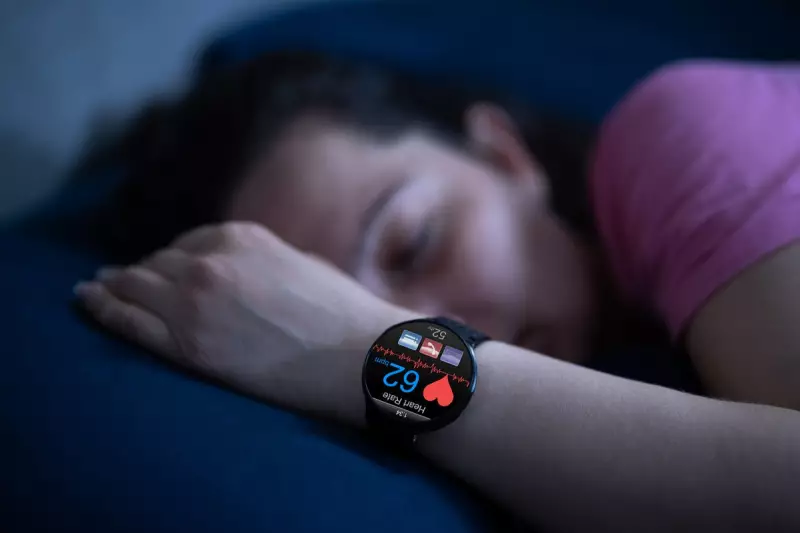
In our increasingly quantified world, where every step, calorie and heartbeat is measured, a new sleep disorder is emerging from the very devices meant to help us rest better. Welcome to the era of 'orthosomnia' - where the pursuit of perfect sleep data becomes the very thing that keeps you awake at night.
The Perfectionist's Sleep Trap
Sleep specialists across the UK are reporting a concerning trend: patients becoming so obsessed with achieving ideal sleep scores on their fitness trackers that they're developing genuine sleep problems. The term 'orthosomnia' literally means 'correct sleep', but this obsession with perfection is having the opposite effect.
Dr. Neil Stanley, an independent sleep expert, explains the paradox: "People are trusting the data from their devices more than they trust how they actually feel. If the tracker says they had a bad night's sleep, they believe it - even if they feel perfectly rested."
When Technology Becomes the Problem
The issue isn't necessarily with the trackers themselves, but with how we interpret and react to the data. Many devices use movement and heart rate to estimate sleep stages, but this technology isn't as precise as medical-grade equipment used in sleep laboratories.
Common problems emerging include:
- Staying in bed longer trying to 'improve' sleep numbers
- Becoming anxious when data doesn't match expectations
- Making drastic lifestyle changes based on potentially inaccurate data
- Developing genuine insomnia through performance anxiety about sleep
Breaking Free from Sleep Tracking Anxiety
So how can you benefit from sleep tracking without falling into the orthosomnia trap? Experts suggest several strategies:
- Listen to your body first: How you feel when you wake up is more important than any number on an app
- Use data as guidance, not gospel: Look for patterns over time rather than focusing on daily scores
- Take tracker-free breaks: Occasionally sleep without monitoring to reconnect with natural rhythms
- Focus on sleep hygiene: Consistent bedtimes, dark rooms and avoiding screens before bed matter more than perfect data
The Future of Sleep Technology
As wearable technology continues to evolve, manufacturers are becoming increasingly aware of these psychological impacts. Some are now incorporating features that encourage healthier relationships with sleep data, including:
- Weekly summaries rather than daily scores
- Educational content about normal sleep variations
- Reminders to consider how you feel alongside the data
Remember, the ultimate goal of any sleep tracker should be helping you feel more rested - not creating new sources of nighttime stress. Sometimes, the healthiest thing you can do for your sleep might be to stop watching the numbers so closely.





